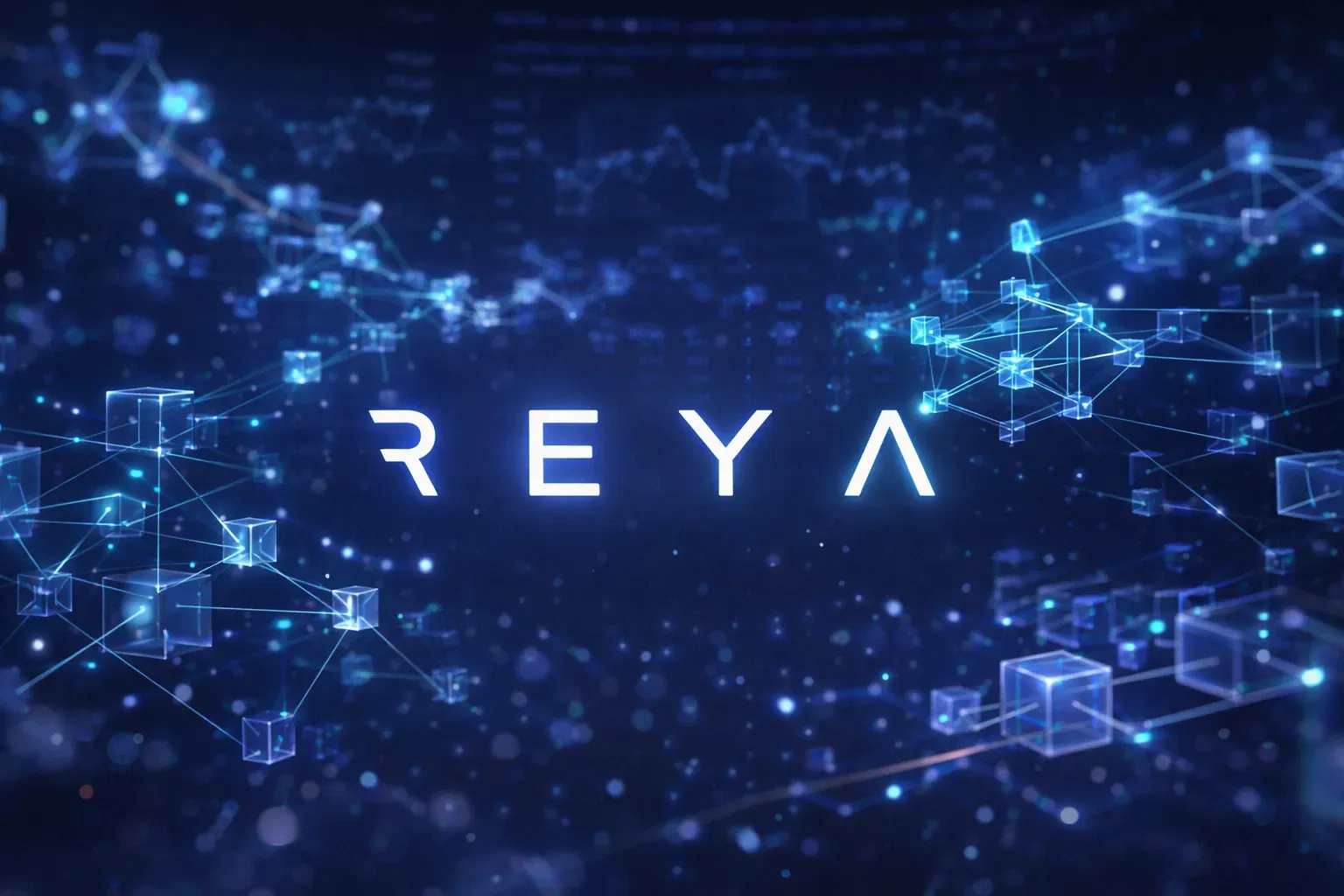The charges brought by the Justice Department include violating US sanctions and conspiracy to commit money laundering.
Roman Storm, developer of the crypto mixer Tornado Cash, will go to trial in July. According to a letter sent to the judge by federal prosecutor Jay Clayton, Storm will face several of the previously announced charges, while one will be dismissed.
The mixers are used to anonymise transactions in cryptocurrencies, mixing them with others to hide the origin and destination of the funds. They are used both to enhance privacy and, illicitly, for money laundering.
Federal prosecutors will argue that Storm participated in a money laundering conspiracy, operated an unauthorised money transfer business, and failed to comply with US sanctions. The trial is set for 14 July.
Tornado Cash Developer Roman Storm Will Stand Trial, DOJ Says https://t.co/xmFpkUikYX pic.twitter.com/XEOD4OkBCb
- Decrypt (@DecryptMedia) May 15, 2025
"The government continues to prosecute Storm for willfully conspiring to launder money, evade sanctions, and transfer funds he knew came from criminal activity," a Justice Department spokesman told Decrypt.
The Department also disclosed that a charge of conspiracy to operate an unauthorised money transfer business will be dropped.
According to Peter Van Valkenburgh, director of the non-profit advocacy group Coin Center, such a charge contravenes guidelines issued in 2019 by the Treasury Department's Financial Crimes Enforcement Network (FinCEN). Van Valkenburgh explained that FinCEN's guidelines state that 'non-custodial' entities such as Tornado Cash are not considered money transmitters.
Tornado Cash's legal saga: from sanctions to arrests to the historic ruling
In 2022, the US Office of Foreign Assets Control (OFAC) blacklisted Tornado Cash for facilitating the laundering of $7 billion in illicit proceeds.
Later that year, the mixer's developer, Alexey Pertsev, was arrested and sentenced in May 2024 to five years and four months in prison for laundering $1.2 billion through the service he had created. It was the first case in which a software developer was convicted for the illicit third-party use of his code.
Two other founders of Tornado Cash, Roman Semenov and Roman Storm, were also indicted: the former in absentia, the latter was arrested in the summer of 2023. Storm was later released on $2 million bail and admitted no guilt.
In late November 2024, a US court declared the sanctions against Tornado Cash illegal. The judges ruled that by approving the crypto mixer's smart contracts, OFAC had overstepped its jurisdiction.
In March this year, the service was removed from the US Justice Department's sanctions list. A month earlier, Pertsev had been released from prison and placed under house arrest, pending appeal.








